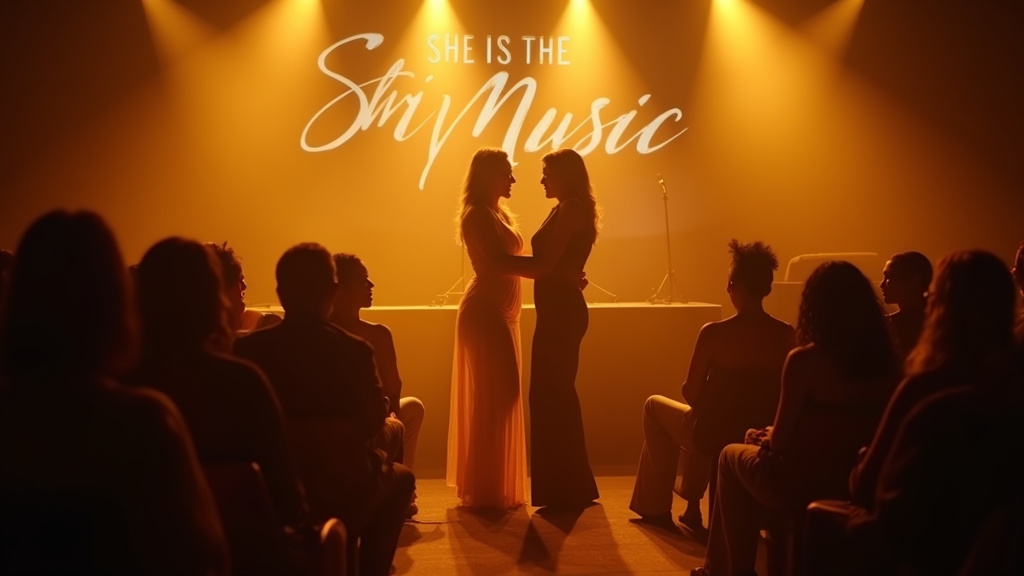The European Broadcasting Union (EBU) has announced a significant overhaul of the Eurovision Song Contest’s Eurovision voting rules, set to take effect for the 2026 contest. These comprehensive changes aim to enhance public trust, increase transparency, and ensure the integrity of the world’s largest live music event, ahead of its 70th anniversary in Vienna, Austria, by refining the Eurovision voting rules.
Juries Return to Semi-Finals with Expanded Role in Eurovision Voting Rules
In a notable shift, professional juries will make a comeback in the Eurovision Semi-Finals for the first time since 2022. This move reintroduces a 50/50 split between jury and public votes in the semi-finals, mirroring the system used in the Grand Final. The EBU states this decision is intended to foster “optimum musical balance and diversity” in songs qualifying for the final, ensuring that entries with strong artistic merit are recognized alongside those with widespread popular appeal, adhering to the updated Eurovision voting rules.
The composition of national juries is also being expanded and diversified. Each jury will now comprise seven members, an increase from the previous five. The pool of eligible professionals has been broadened to include music journalists, critics, music teachers, creative professionals like choreographers and stage directors, and experienced figures from the music industry. To better reflect the contest’s appeal to younger demographics, each jury must now include at least two members aged between 18 and 25. Jurors will be required to sign formal declarations, attesting to their commitment to vote independently and impartially, without coordinating with other jurors or sharing their preferences on social media before the contest concludes, a key aspect of the new Eurovision voting rules.
Voting Cap Halved to Encourage Wider Support: A Change to Eurovision Voting Rules
To further promote fairness and audience engagement, the maximum number of votes a viewer can cast per payment method has been halved. From 2026, viewers will be limited to 10 votes per payment method (whether online, via SMS, or phone call), down from the previous cap of 20. The EBU’s intention behind this change is to encourage fans to spread their support across multiple entries, rather than concentrating a large number of votes on a single favourite, a significant update to the Eurovision voting rules. This measure is designed to curb potential “vote flooding” and reduce the influence of organized voting networks aiming to manipulate results, thus improving overall voting integrity.
Stricter Promotion Rules to Curb Third-Party Influence
Significant updates have also been introduced to the rules governing the promotion of participating songs and artists. To prevent disproportionate third-party influence, especially from governments or governmental agencies, stricter guidelines will be enforced. Participating broadcasters and artists are now explicitly prohibited from actively engaging in, facilitating, or contributing to promotional campaigns orchestrated by third parties that could sway the voting outcome. While appropriate promotion of music and artists remains permitted as part of the professional music industry, any attempts to unduly influence results through excessive or coordinated campaigns will lead to sanctions. This revision addresses concerns raised in recent years regarding government-backed promotional efforts and is crucial for upholding fair Eurovision voting rules.
Enhanced Technical Safeguards for Voting Integrity
Reinforcing the commitment to transparency and reliability, the EBU will bolster its technical safeguards. By expanding its partnership with its voting partner, Once, the organization will enhance its advanced security systems. These systems are designed to detect, prevent, and analyze fraudulent or coordinated voting activity in real-time, thereby maintaining public trust in the legitimacy of the audience vote and supporting the overall integrity of the Eurovision voting rules.
A Commitment to Neutrality and Music
Martin Green CBE, Director of the Eurovision Song Contest, stated that these changes reflect an active response to feedback from EBU members and the contest’s global audience. “We’ve listened and we’ve acted,” Green commented. “The neutrality and integrity of the Eurovision Song Contest is of paramount importance to the EBU, its Members, and all our audiences. It is essential that the fairness of the Contest is always protected. We are taking clear and decisive steps to ensure the contest remains a celebration of music and unity. The Contest should remain a neutral space and must not be instrumentalized,” he added, highlighting the importance of the new Eurovision voting rules for musical diversity.
The EBU has consulted extensively with its Members, and the proposed changes will be discussed at an upcoming General Assembly. These reforms are intended to ensure that the Eurovision Song Contest continues to be a platform where music, creativity, and connection take center stage, celebrating unity through song, with the latest Eurovision 2026 rules emphasizing transparent voting and addressing potential EBU voting changes. The voting cap halved and the return of the Eurovision jury semi-finals are key components of these evolving Eurovision voting rules.





